What if your body could help your mind study even better?
When it comes to studying, we all know there are a ton of tips and tricks out there. Don’t stick to one topic; instead, study a bunch of different material in one sitting. Quiz yourself. Take regular breaks. However, few, if any, of these common tips lean in on the important connection between your mind and body.
Studying and exam preparation can be stressful and it’s easy to focus on what you need to do mentally to be ready. But what if there are some things you can do to get your body to help you out too?
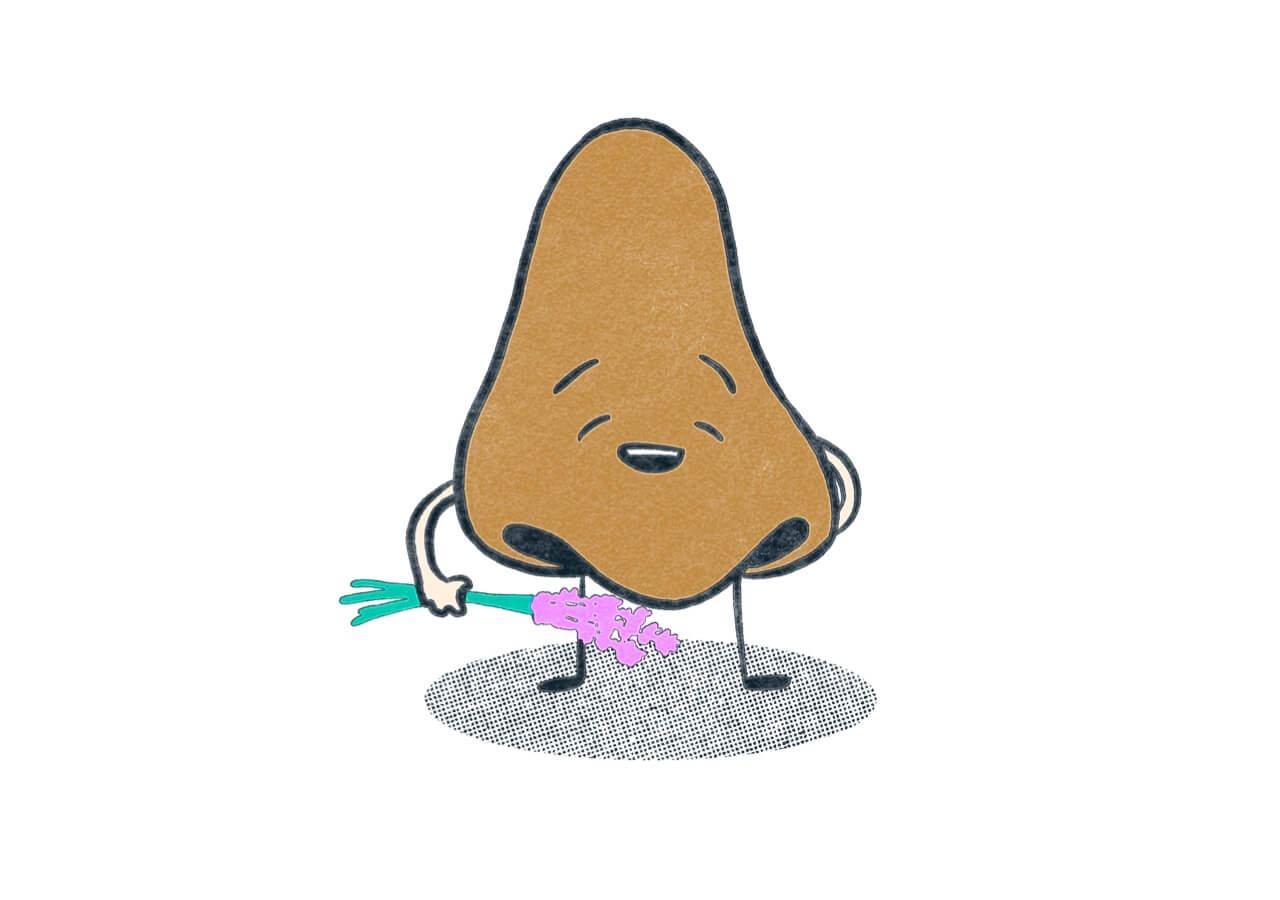
Smell (Olfactory Memory)
The sense of smell is closely linked with memory. In fact, this sense may actually be the most powerful of all for memory. Have you ever smelled fresh baked cookies and felt instantly transported back to your childhood? Or has the smell of a certain perfume or cologne suddenly reminded you of an old high school memory?
Certain scents have an exceptional ability to instantaneously trigger vivid memories. This phenomenon is known as the “Proust Effect” and refers to Marcel Proust, the French author who wrote about memory recall as unconsciously connected to certain smells. There is clearly a strong connection between smell and memory.
But why is this the case? According to a 2015 article, “Smells Ring Bells: How Smell Triggers Memories and Emotions“ by Jordan Gaines Lewis in Psychology Today: “Incoming smells are first processed by the olfactory bulb, which starts inside the nose and runs along the bottom of the brain. The olfactory bulb has direct connections to two brain areas that are strongly implicated in emotion and memory: the amygdala and hippocampus. Interestingly, visual, auditory (sound), and tactile (touch) information do not pass through these brain areas. This may be why olfaction (smell), more than any other sense, is so successful at triggering emotions and memories.”
As noted by Dr. Ken Heilman, Professor of Neurology and Health Psychology at the University of Florida “Smells do bring back memories. Smell goes into the emotional parts of the brain and the memory parts, whereas words go into thinking parts of the brain.”
When it comes to studying, we can use smell memory to our advantage. For example, if you spray an unfamiliar scent while studying and then spray it again right before your exam, you will trigger your memory of the material you previously studied. This can also be done by wearing a bit of perfume, cologne, or essential oil while studying and again when taking your exam. And if you are feeling stressed, you can always consider using a calming scent like lavender to help you relax, as well as recall information.
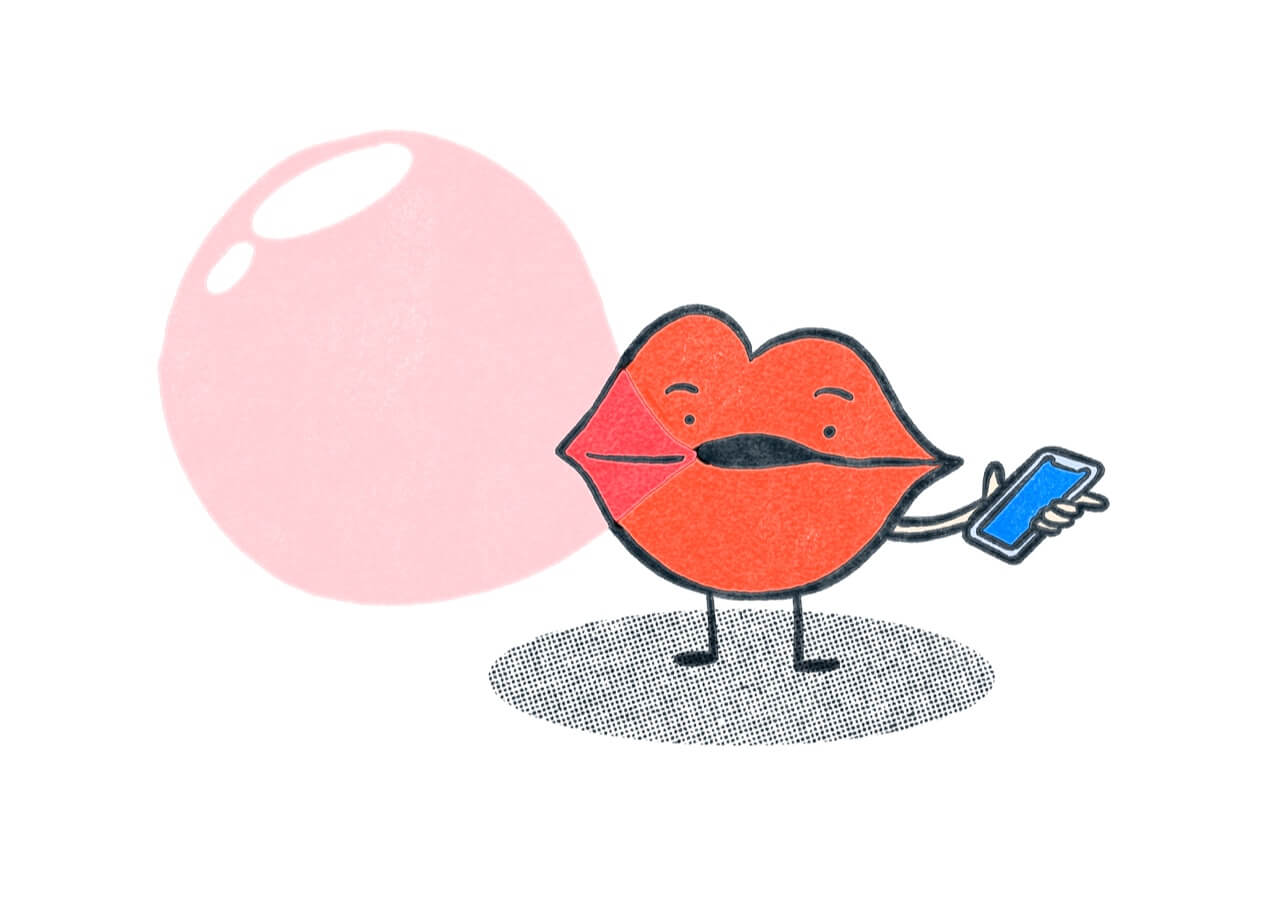
Taste (Olfactory Memory)
Similar to smell, we have a strong connection between taste and memories. According to Psychologist and neuroscientist Hadley Bergstrom, “Taste memories tend to be the strongest of associative memories that you can make.”
Why is this the case? A 2014 study between the University of Haifa and the Riken Institute, the leading brain research institute in Tokyo, found there is a previously unrecognized functional link between the region of the brain responsible for taste memory, our insular cortex, and the area responsible for encoding the time and place we experienced the taste.
In other words, like smell, taste triggers retrieval cues through our hippocampus, the area of the brain responsible for formulating a memory of the place and time of the experience.
While the jury is still out on if taste memory alone will trigger your brain as well as smell, we can still apply the taste-memory connection to studying. For example, if you chew an unfamiliar, flavored gum while studying and then chewing it during (or just before) the exam, the flavor and texture have the potential to trigger memories from studying.
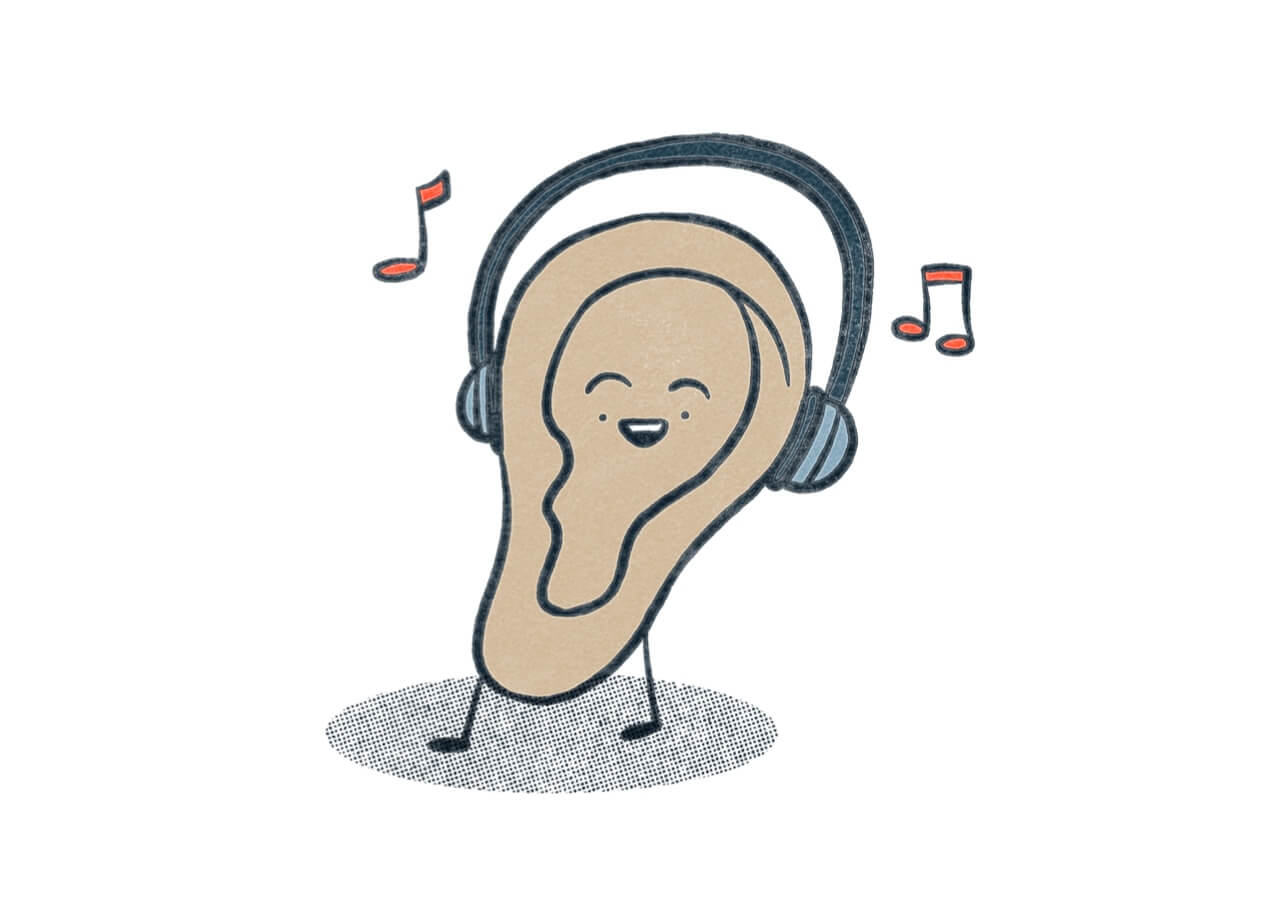
Sound (Echoic Memory)
What we hear triggers our working memory, the system for temporarily storing and managing the information required to carry out complex cognitive tasks such as learning, reasoning, and comprehension. This is also known as echoic memory. This has led to tons of research such as the “Mozart Effect” around the value (or lack of value) of listening to music while studying. While we know music activates both the left and right brain simultaneously, and the activation of both hemispheres can maximize learning and improve memory, there is no definitive research to show that listening to music will enhance or detract from our studying.
While time (and quite a bit more research) will tell us how music could impact studying, perhaps, more importantly, listening to music changes our mood. Listening to music triggers the release of dopamine, the neurotransmitter that promotes feelings of happiness, excitement and relaxation, in our brains.
This means that music has the ability to change how we see the world. According to research by Alice Isen, an American psychologist and professor of psychology and marketing at Cornell University, as our mood improves, so does our ability to solve problems, learn and, ultimately, be creative.
If you are finding yourself stressed and anxious while preparing for your exam, you may want to try listening to rap or hip-hop music. According to several recent studies by Cambridge University, hip-hop music creates an uplifting effect on listeners allowing them to accept, manage and better deal with stress and anxiety.
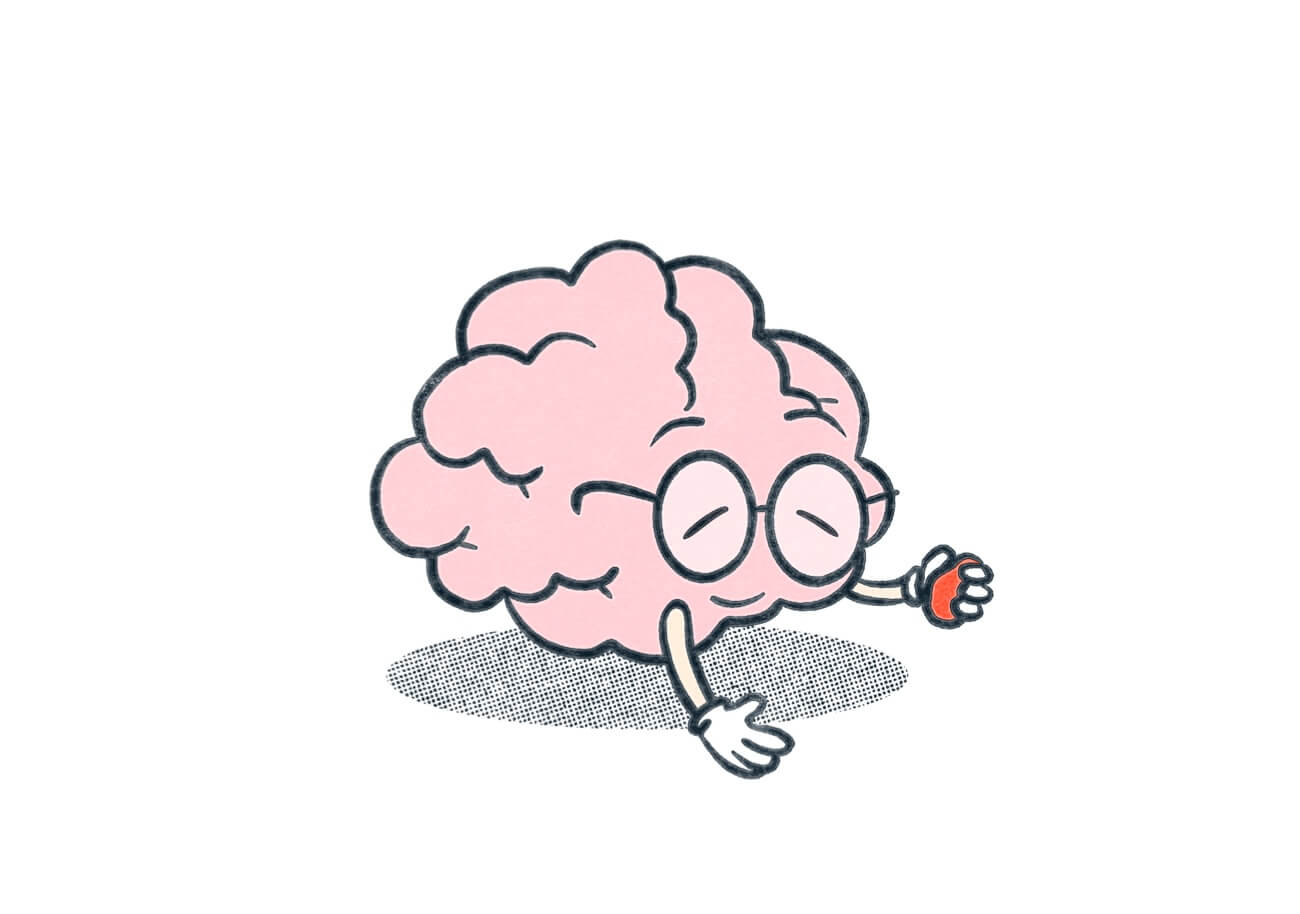
Touch (Haptic Memory)
A strong correlation exists between our sense of touch and our ability to focus. According to research by Dr. John J. Ratey, small repetitive physical activities, or fidgeting, can increase the levels of neurotransmitters in the brain in a way that increases our ability to focus and pay attention. In other words, minimal concentration fidgeting such as playing with a sensory gadget, smushing a stress ball, or doodling on a piece of paper can positively impact our ability to concentrate and perform. This type of touch learning triggers haptic memory.
If you need a little help focusing, consider carrying a stone, clay mold, stress ball or sensory gadget that can be rubbed or manipulated while studying.
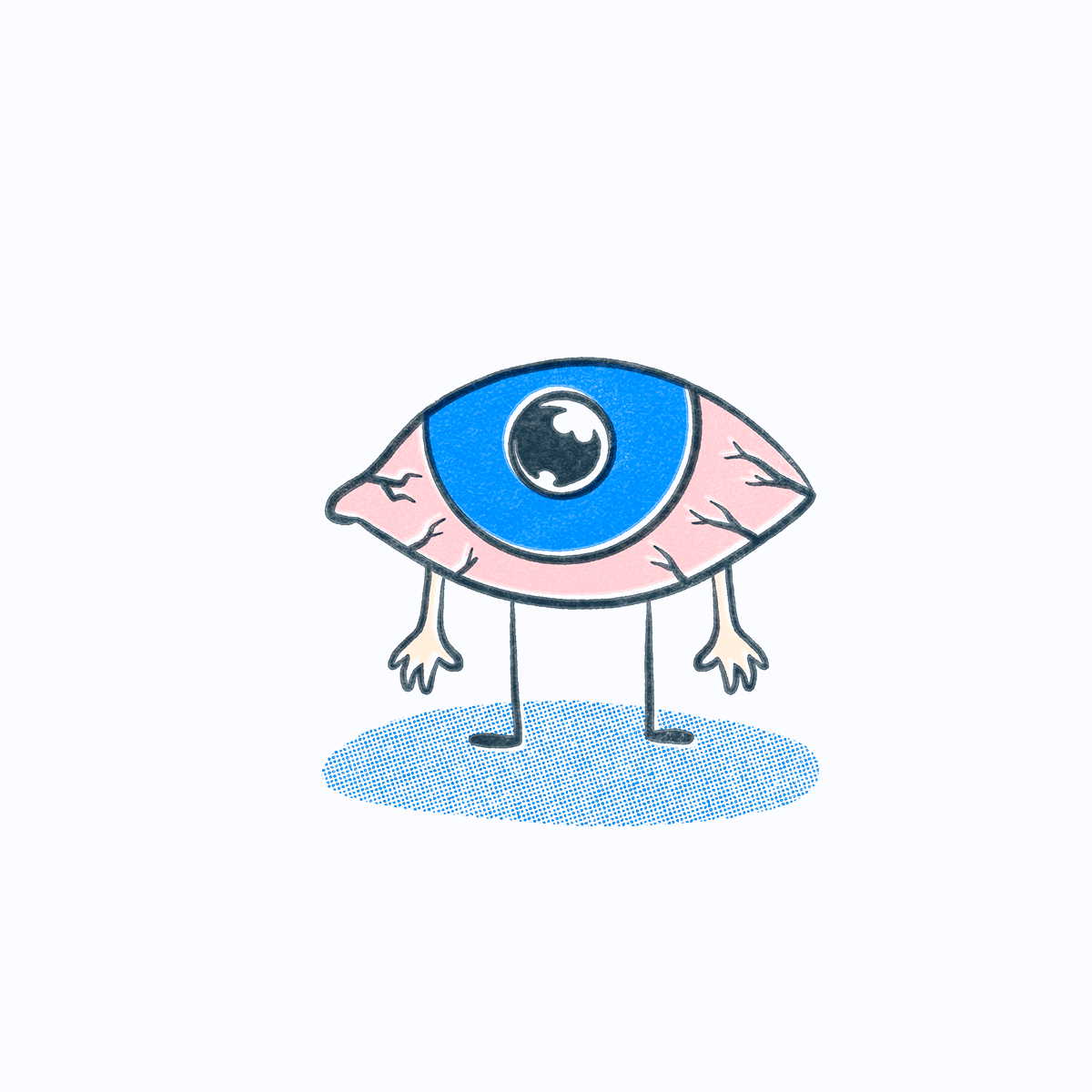
Sight (Iconic Memory)
Our brain is largely an image processor. In fact, 90% of information transmitted to the brain is visual and creates visual memory. However, as we all spend more and more time on screens, we are starting to strain our eyes. For our eyes to help us retrieve and retain information, we need to take breaks.
To help minimize straining your eyes, especially when studying on screens, consider applying the 20-20-20 rule. The 20-20-20 rule was designed by Dr. Jeffrey Anshel in response to patient complaints around eye strain and comes from comes from studies that found benefits of shorter, more frequent breaks for musculoskeletal disorders. To follow the rule, take a 20-second break from your screen every 20 minutes, During that time, focus on an object 20 feet away. This allows your eye muscles to relax before you return to your screen. If that feels too challenging, consider closing your eyes for 20 seconds every 20 minutes instead.
There’s power in tapping into your mind-body connection while studying. Find out what works for you.

 learning science
learning science